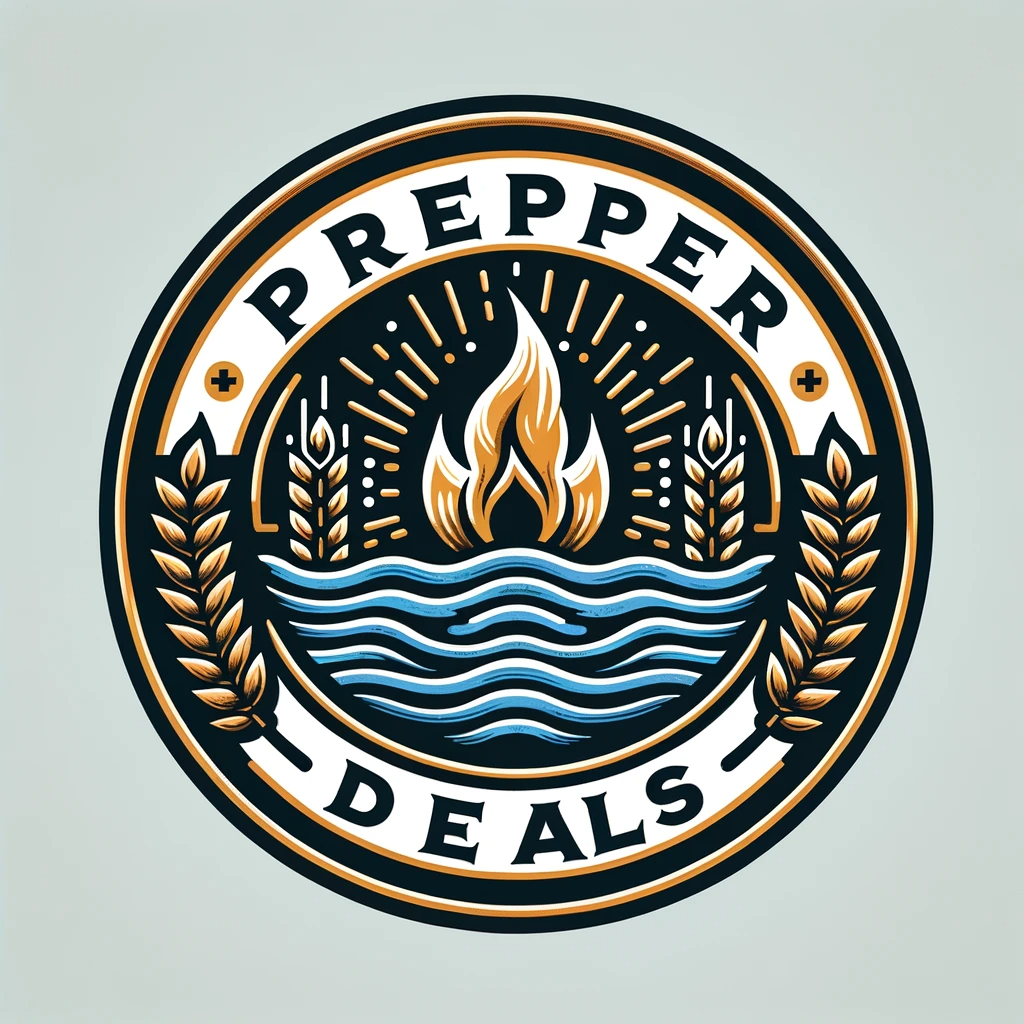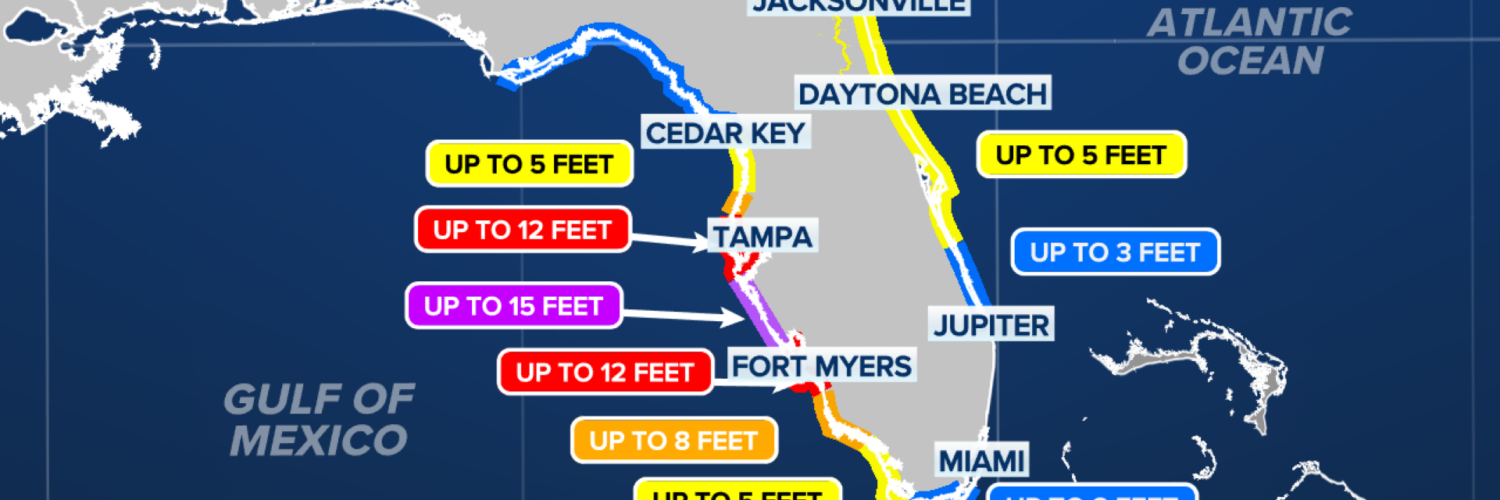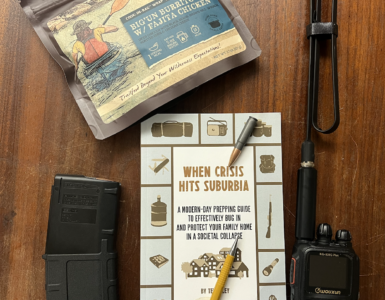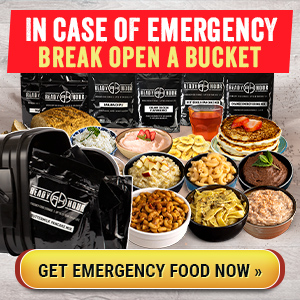Flooding, mold damage, insurance headaches, and hidden hazards—surviving a hurricane is tough, but the aftermath can be just as overwhelming. Here’s how to keep your head above water and start the recovery process safely:
Don’t Go Home Until It’s Truly Safe
Hurricane over? That doesn’t necessarily mean it’s time to head back. Check in with local officials and return home only when they confirm it’s safe.
And remember: Turn around, don’t drown. Flooded roads can be deceivingly dangerous, and even shallow water can sweep away vehicles.
If returning home isn’t possible, seek out open shelters nearby. You can find them through the American Red Cross, Salvation Army websites, or the FEMA Mobile App. You can also text SHELTER (or REFUGIO in Spanish) and your ZIP code to 4FEMA (43362).
Use Extreme Caution When You Get Home
When it’s safe to return, try to arrive during daylight hours. No power means no lights, and navigating storm damage in the dark is a no-go.
Before going inside, take a walk around your home to check for downed power lines, gas leaks, or structural damage. And if your home has been flooded, wait until professionals confirm it’s safe to enter.
Be mindful of strange noises. If you hear any shifting or unsettling sounds, leave the building immediately; they could signal that the structure is about to collapse. If you need lighting, stick to battery-powered flashlights—avoid candles or gas lanterns to minimize the risk of fire from potential gas leaks.
Minimize the Risk of Electrocution
Standing water and electricity are a bad combo. If there’s water inside your home, and it’s safe to access your power shutoff from a dry location, do so. Otherwise, call a licensed electrician to take care of it.
Avoid wading through floodwater; it can be charged by downed power lines, contaminated with bacteria, or hiding hazardous debris. If you need to access flooded areas, do so only with professional guidance.
Document the Damage and Seek Assistance
Before diving into cleanup, grab your camera. Take photos and videos of any damage for insurance purposes, and then contact your insurance company right away. You may be eligible for federal assistance as well—check in with FEMA at 1-800-621-FEMA (1-800-621-3362 or TTY 1-800-462-7585) or apply at DisasterAssistance.gov. For those with flood insurance, start your claim at FloodSmart.gov.
Clean Safely and Beware of Mold
If your home has been closed up for a while, assume mold is lurking. The CDC recommends thoroughly drying out your home and cleaning any mold you find. A mixture of 1 cup bleach to 1 gallon of water should do the trick—just make sure you’re in a well-ventilated space.
If you have respiratory issues or a compromised immune system, avoid entering buildings with visible or strong mold odors. And kids? Leave them out of the cleanup efforts; they shouldn’t be around flood-damaged areas or mold.
Be Cautious of Heat-Related Illnesses
With widespread power outages, air conditioning might not be an option. Be mindful of heat exhaustion. If you’re exerting yourself and feel lightheaded, weak, or confused, stop immediately and find a cool, shaded area to rest. Hydrate consistently—don’t wait until you’re thirsty to start drinking water.
Generator Safety 101
Generators can be lifesavers, but only if used safely. Carbon monoxide poisoning is one of the leading causes of death following hurricanes. Always use generators outside, at least 20 feet away from your home, with the exhaust facing away from doors and windows. Battery-powered carbon monoxide detectors can add an extra layer of safety, as carbon monoxide is both colorless and odorless.
Food and Water Safety: When in Doubt, Throw It Out
Your fridge and freezer may have lost power, so keep those doors closed as much as possible. If it’s been over four hours without power, the food could be spoiled. Anything that’s come into contact with floodwater or doesn’t look, smell, or feel right? Toss it.
If your area is under a boil water advisory, take it seriously. Use bottled water if boiling isn’t possible, and never use contaminated water for cooking, drinking, or hygiene.
Keep Your Phone Alive
If you have power banks or external battery packs, use them wisely. In a pinch, you can charge your phone from your car with an adapter. Stay connected; communication is crucial during an emergency.
Take Care of Your Mental Health
The aftermath of a hurricane can be emotionally draining. Stress, anxiety, and depression-like symptoms are common. Take care of your emotional well-being, and don’t hesitate to reach out for help. The Disaster Distress Helpline, reachable by calling or texting 1-800-985-5990, offers immediate crisis counseling 24/7.
Bottom Line
Recovery after a hurricane is a long road, but taking it one step at a time will help you regain a sense of control and safety. Stay cautious, prioritize safety, and lean on your support network. You’ve weathered the storm—now it’s time to rebuild.


















